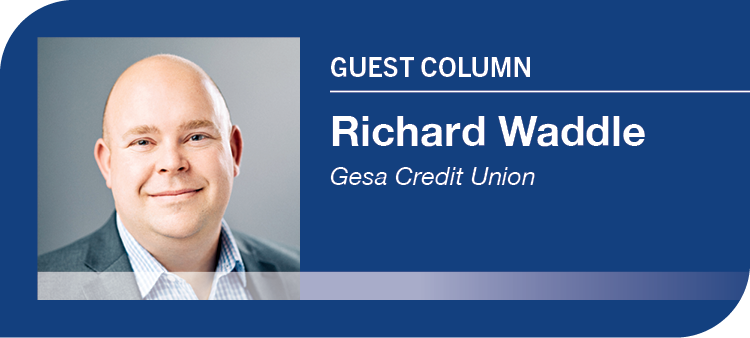
Home » Adjust your finances to navigate rough waters of economic uncertainty
Adjust your finances to navigate rough waters of economic uncertainty

February 10, 2023
Depending on your age, you may have lived through a few different economic cycles in your lifetime – you know they ebb and flow. If you’re younger, you might have only experienced an economy that has gone north. Regardless of age, the strength of the economy over the last decade has had the ability to lull people into potentially bad financial habits.
While what we’re experiencing in our economy is certainly not unprecedented, it very well may feel that way. Many of us are still making financial decisions with a mindset stuck in 2019, when we should be adjusting ourselves and our finances to reflect what we’re seeing in 2023: a potential recession and challenging economic conditions.
In a study from last year, an estimated two-thirds of the U.S. population shared that they did not feel optimistic about their personal finances. Maybe you feel the same way. The good news is you don’t need to navigate the rough waters alone.
Here are a few tactics that can help as you manage your finances in 2023.
Have an emergency fund in place. Despite this piece of advice being a financial planning staple, in truth, very few people have an adequate emergency fund in place to handle even a small emergency let alone one that could impact your family for months.
The rule of thumb is to have at least three to six months of living expenses saved to handle life’s emergencies. In the last few weeks, we’ve seen major global and national employers laying off up to 20% of their workforce due to worsening economic forecasts. My hope is that Tri-City households and businesses weather this storm with no problems, but if the last decade of seemingly non-stop prosperity has allowed you to put off this rule of thumb, I’d advise you make this a priority. This isn’t doom and gloom planning, this is just sound financial planning for your family.
Make sure your money is working for you – not against you. Plan an evening this week where you turn off all distractions and set aside some time to review your finances. First, make sure you have a budget that is factoring in all of your expenditures at the start of each month – knowing where your money is going is step one.
Next, check your loans, your savings, and investment accounts; are there areas where you could make improvements? Albert Einstein called compound interest the Eighth Wonder of the World. You worked hard for your money. Your money should work hard for you.
There are many ways to grow your savings right now. Certificates of deposit are back, yielding rates consumers haven’t seen in over a decade. Check with your financial institution to see what products work for you.
Pay down debt. It’s tough to think about adding more cash outflow to your budget, but it’s a good idea to pay down your debt in 2023. Interest rates are higher, meaning that you are paying more on your variable rate credit cards and home equity lines of credit.
More importantly, when economic conditions look scary the last thing you want is debt weighing you down. Inflation is easing, but the costs of goods in many areas haven’t caught up. Just as we pointed out in the emergency fund section, if something were to happen with your employment or you wanted to make a life change, you don’t want your debt to limit your options.
Make a list of all your debts and make an intentional plan to pay them off one at a time. Some advocate to pay off the smallest debts first, while others advise to pay off the debts with the highest interest rates. Whatever makes you feel like you are making the most progress and provides you with the most happy dance endorphins is your best bet. Make 2023 the year you pay off, or significantly pay down, your debt.
Maybe the housing market is turning in your favor: One upside to the rising interest rate environment is that we’re seeing the housing market cool. Which means, if you’re in the right position, now may be a good time to consider buying a home. At the expense of sounding contrary to the advice of lowering debt, hear me out. If your employment situation is sound, you’ve built a solid credit score and have an emergency fund, you may be in a good position to take advantage of a buyer-friendly market.
Rents have gone up quickly over the last couple of years, so talk to a local mortgage professional about current rates and payments. That monthly rent payment may not be much different than a monthly mortgage payment that allows you to build equity in a home. For every cloud there is a silver lining, and the 2023 housing market may be yours.
While these are just the tip of the iceberg, it’s important to know that whatever you do, you don’t need to feel like you must do it alone. Having a conversation with your financial institution can help educate you on not only what the market in your area is like, but also what may be the best solution for you and your individual situation.
It’s important to have local, expert advice to help guide you and to help you understand your options. Most economic models point to 2023 being a challenging year. For the person who plans ahead and is intentional with their money, it doesn’t have to be doom and gloom. You got this.
Richard Waddle is executive vice president at Gesa Credit Union.
Retirement Opinion
KEYWORDS february 2023





